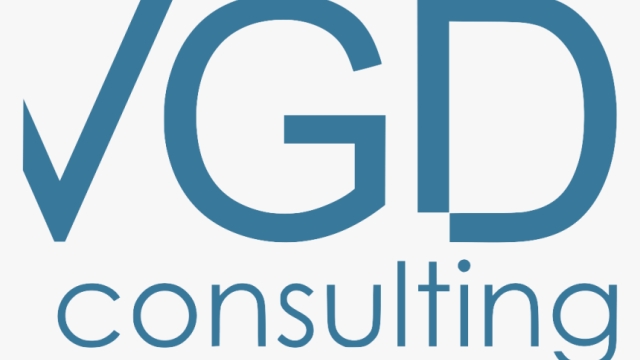
In today’s world, maintaining a comfortable indoor climate is essential for our well-being and productivity. Whether it’s the warmth during chilly winter months or the refreshing coolness in the scorching summer heat, heating and air conditioning systems play a vital role in creating an environment where we can thrive. As technology advances, so do our options for achieving the ideal temperature in our homes and workplaces.
Understanding the various aspects of heating and air conditioning not only helps you make informed decisions when installing or upgrading systems but also enables you to optimize efficiency, reduce energy consumption, and save on utility bills. This guide aims to provide you with the knowledge necessary to master comfort in your living spaces, ensuring that you can enjoy any season to its fullest while keeping your energy costs manageable.
Choosing the Right System
Selecting the right heating and air conditioning system for your home is a crucial step in ensuring comfort throughout the year. When considering options, evaluate the size of your space. An improperly sized unit can lead to inefficient heating and cooling, resulting in higher energy costs. Use a professional service to conduct a load calculation, which will help determine the correct capacity needed based on square footage, insulation, and local climate.
Another important factor is the type of system you want to install. Central heating and air conditioning systems are ideal for larger homes and offer a comprehensive solution. Alternatively, ductless mini-split systems can be more efficient in homes without ductwork, allowing for personalized temperature control in different rooms. Additionally, consider energy efficiency ratings, such as SEER for air conditioning units and AFUE for furnaces, to gauge long-term savings and environmental impact.
Finally, don’t forget about the features that come with modern heating and air conditioning systems. Programmable thermostats, zoning systems, and smart home integration provide convenience and can help manage energy use effectively. Research various brands and read customer reviews to make an informed decision, ensuring that the chosen system not only meets your comfort needs but is also reliable and efficient for years to come.
Energy Efficiency Tips
Improving the energy efficiency of your heating and air conditioning systems can lead to significant savings on your utility bills while also contributing to a more sustainable environment. One of the simplest ways to enhance efficiency is to ensure that your HVAC systems are regularly maintained. This includes changing filters, cleaning ducts, and scheduling annual inspections with a qualified technician. A well-maintained system operates more effectively and uses less energy, which can dramatically reduce costs over time.
Another effective strategy is to utilize programmable or smart thermostats. These devices allow you to set specific heating and cooling schedules based on your daily routine, ensuring that energy is not wasted while you are away from home. By adjusting the temperature when needed, you can maintain comfort without unnecessary energy consumption. Additionally, integrating zoning systems can help create separate climate controls for different areas of your home, maximizing efficiency and comfort in each space.
Lastly, consider improving your home’s insulation and sealing any air leaks around windows, doors, and ducts. Proper insulation keeps the desired temperature in your home, reducing the workload on your heating and air conditioning systems. This can also include using energy-efficient windows and doors, which prevent heat loss in winter and reduce heat gain in summer. Investing in these upgrades not only enhances comfort but also extends the lifespan of your HVAC units while lowering energy usage.
https://www.bostonconstruct.com
Maintenance and Troubleshooting
Proper maintenance of heating and air conditioning systems is crucial for their longevity and efficiency. Regularly replacing or cleaning filters is one of the simplest yet most effective ways to ensure your system runs smoothly. A clogged filter can restrict airflow, making your system work harder and increasing energy costs. It’s generally recommended to check filters monthly and replace or clean them at least every three months, or more frequently if you have pets or live in a dusty area.
In addition to filter maintenance, conducting seasonal check-ups of your heating and cooling systems can prevent larger issues down the line. Scheduling professional inspections twice a year, once before the heating season and once before cooling season, can help identify potential problems early. Technicians can check refrigerant levels, inspect electrical connections, and clean key components, ensuring everything operates at peak efficiency and minimizing the risk of unexpected breakdowns.
If you encounter issues such as inconsistent temperatures, strange noises, or a system that refuses to turn on, troubleshooting should begin with checking the thermostat settings and ensuring that power is supplied to the unit. If these basics do not resolve the problem, further investigation may be necessary. This could involve looking for obstructed vents, examining ductwork for leaks, or listening for unusual sounds that may indicate mechanical failure. In more complex cases, it is advisable to consult a professional to avoid worsening the issue.

